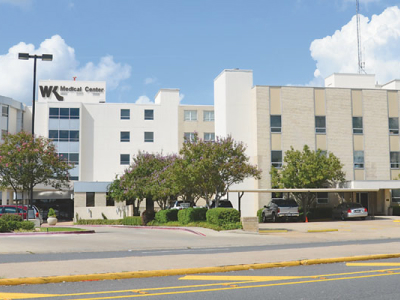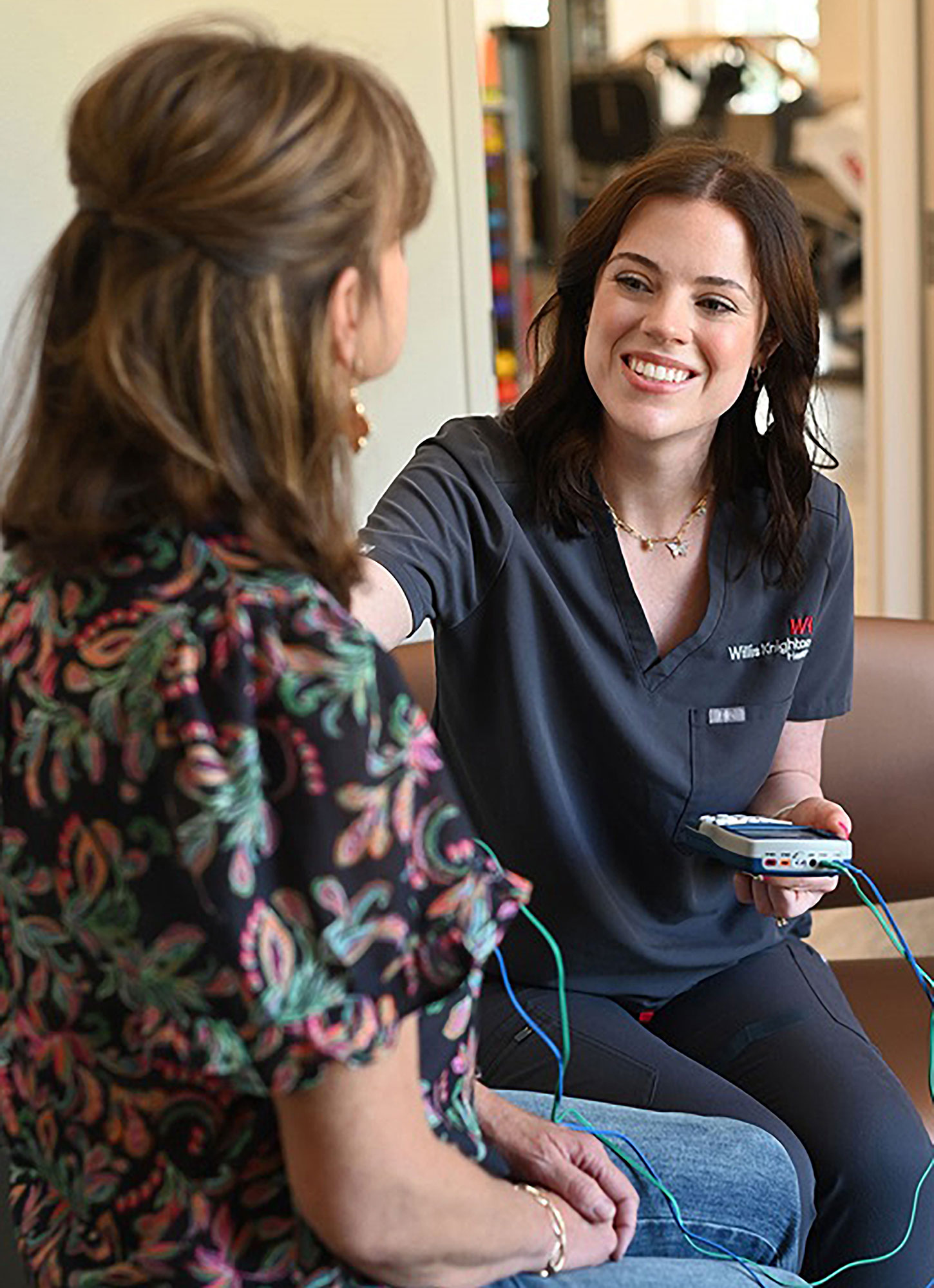Patient Safety
As your safety partner, we join you, your family and other caregivers to ensure a safe environment.
- Call for help if you need assistance walking at the hospital.
- Plan your trips to the bathroom. Try not to wait until you have to rush to make it. Allow enough time for the nursing staff to assist you.
- Get out of bed slowly. You may feel lightheaded as a result of the change in position, blood pressure or medications. Sit on the side of the bed for a few moments before you begin to walk.
- Notify the nursing staff if you feel weak, dizzy or unsteady.
- Walk slowly and carefully when you are out of bed. Do not lean or support yourself on rolling tables or IV Poles.
- Wear non-skid socks or shoes while walking. Please do not walk barefoot or in socks.
- Be aware that siderails are used for safety when you’re in bed or on a stretcher.
- Keep all furniture in the “low” and “locked” position.
- Understand that medications may cause dizziness, drowsiness or lack of coordination. If you feel any of these, please ask for assistance when moving.
- Call for assistance if you feel unfamiliar with what’s around you.
- Familiarize yourself with safety precautions where you’re at.
- Help us be a safer place. If you have ideas, contact a nursing supervisor.
Help us keep your environment safe
- Do not obstruct the walking space to the bathroom or doorway.
- If a spill occurs and the floor is wet, call the nurse’s station to have it cleaned up.
- If you are placed on a bedside toilet, you’ll be checked on and your call button will be within reach.
- Nursing staff may suggest that family stay with you (not in critical care units).
- Protective/support devices may be provided by nursing staff when you’re sitting up in a chair or in bed.
- Tell a nurse if your support person must leave.
- Wash your hands often. Have your visitors wash their hands. Always insist that the staff wash their hands before and after contact with you.
- Know the effects of medications you’re taking. Some medicines could react with certain foods, liquids, alcohol or other drugs. Ask the nurse or clinical pharmacist for details.
- Don’t use electrical appliances brought from home.
- No smoking in the hospital. We have a smoke-free environment for the health and personal safety of our patients.
Alarms and Drills
Willis Knighton Health hospitals and clinics have specific procedures for alarms. In the event of a fire drill or a “Code red” alert, all patients and visitors should remain in the rooms with the door closed until the “Code red all clear” is given over the intercom or until an authorized staff member comes to evacuate the room. Patients are not moved during drills.
Restraint Guidelines
If necessary, restraints may be applied temporarily. This is always done as a last resort with strict adherence to the following guidelines:
- Restraints are applied as a result of a physician’s order for temporary emergency measures.
- If you need to be restrained, a nurse will visit you at least every two hours to see that your needs are met.
- If you feel you are getting restless or agitated, notify your nurse immediately.
- The use of prescribed medications may help you regain control.
- The restraint is removed as soon as the danger to you or others is gone.
Speak Up!
- Speak up if you have questions or concerns. If you don’t understand our response, ask again.
- Pay attention to the care you receive. Make sure you’re getting the right treatments and medications by the right staff.
- Educate yourself about your diagnosis, your care plan and services provided for you.
- Ask a trusted family member or friend to be your advocate.














